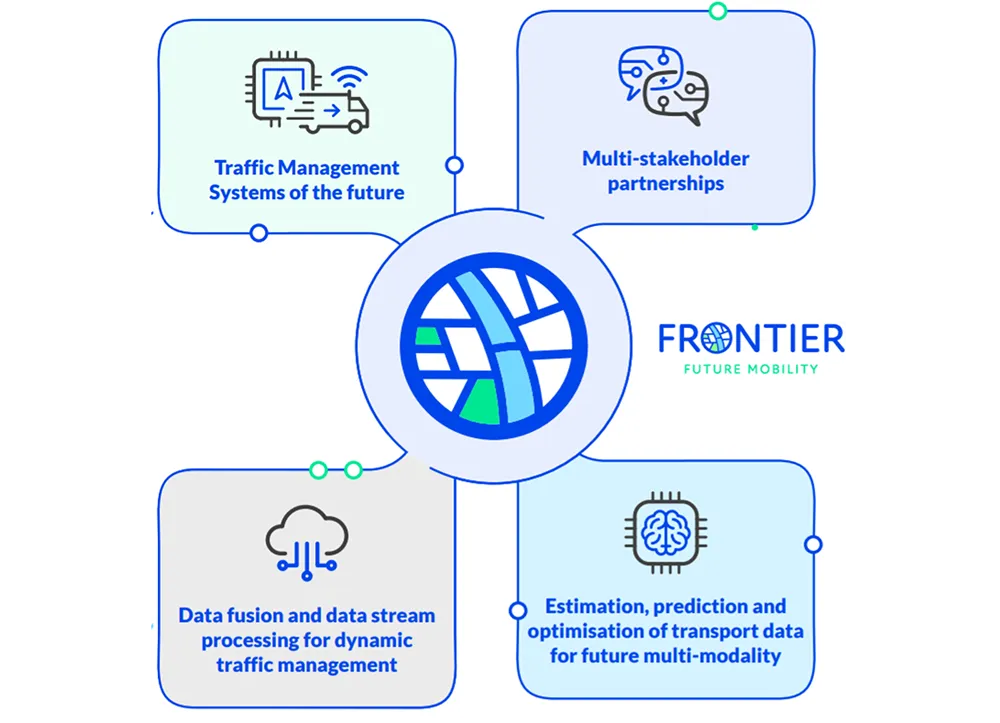Mott MacDonald has been awarded a €4 million, two-year contract to provide technical assistance to the European Commission's (EC) Directorate-General for Enlargement.
The consultancy will support the coordination of socio-economic development interventions initiated and implemented by the EC, international financing institutions and bilateral donors in Western Balkans beneficiary countries as part of their Western Balkans Investment Framework (WBIF) initiative.
April 1, 2014
Read time: 2 mins
The consultancy will support the coordination of socio-economic development interventions initiated and implemented by the EC, international financing institutions and bilateral donors in Western Balkans beneficiary countries as part of their Western Balkans Investment Framework (WBIF) initiative.
The WBIF supports socio-economic development and
Mott MacDonald will offer technical, management and information support for WBIF organisations including the Project Financiers Group, steering committee and secretariat. It will provide stakeholders with information, analysis and recommendations to support the development of investments and improve the overall investment climate. The consultancy will also undertake research and analysis and provide communications and administrative support.
Wim Verheugt, Mott MacDonald's project director, said, "This key appointment will allow us to place a team of experts at the very heart of the EC in Brussels. Our services will support strategy and policy development, project identification and monitoring and communication in the energy, environment, social issues and transport sectors."
Coordination among external financiers is needed for development aid programmes as a secure means of ensuring policy coherence and efficient use of existing resources. One of the means of ensuring such organisation is the WBIF. A consortium, led by Mott MacDonald and including







